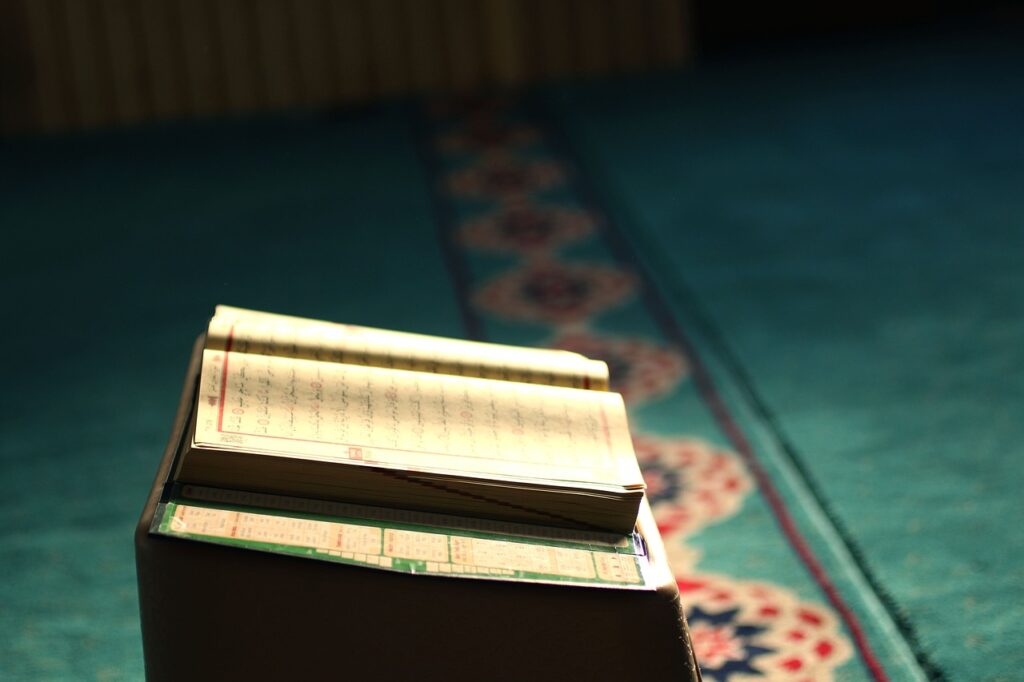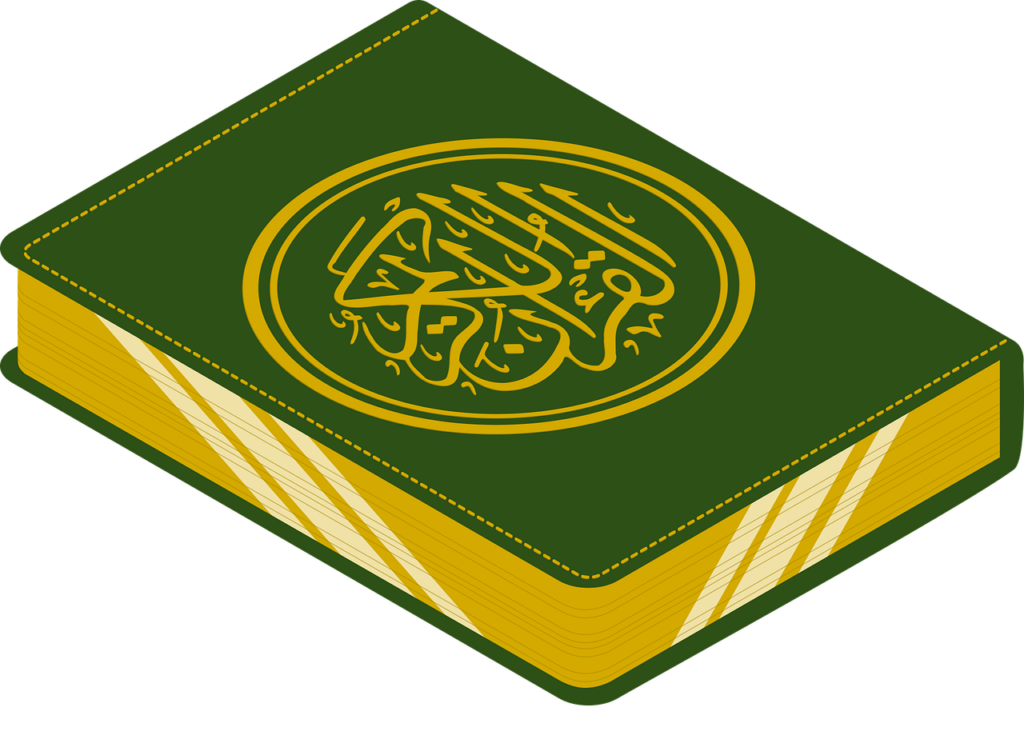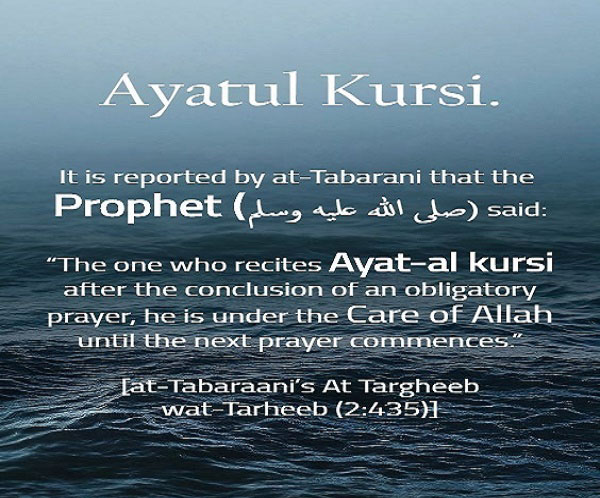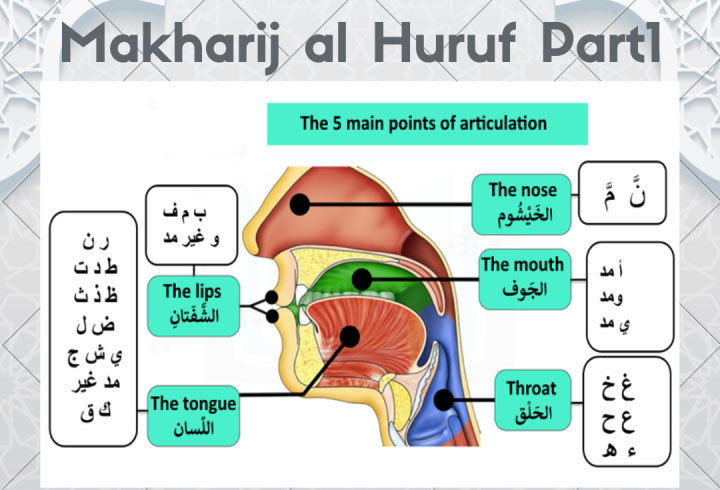The Best Time of Day to Memorize the Quran

The Best Time of Day to Memorize the Quran Memorizing the Quran, also known as Hifz, holds a central place in the life of a Muslim. This pious act, recommended by prophetic tradition, not only allows one to keep the divine words in the heart but also strengthens the spiritual connection with Allah. However, many […]
The Best Time of Day to Memorize the Quran

The Best Time of Day to Memorize the Quran Memorizing the Quran, also known as Hifz, holds a central place in the life of a Muslim. This pious act, recommended by prophetic tradition, not only allows one to keep the divine words in the heart but also strengthens the spiritual connection with Allah. However, many […]
How to Memorize the Quran Quickly for Beginners

How to Memorize the Quran Quickly for Beginners: Effective Strategies and Tips Memorizing the Quran is a profound spiritual journey, especially for beginners who are embarking on this sacred mission. With the right techniques, dedication, and a structured approach, it’s possible to memorize the Quran efficiently and develop a deep connection with the Holy Book. […]
Advantages of Online Tajweed Classes

Advantages of Online Tajweed Classes to Perfect Your Quran Recitation Reciting the Quran correctly is an obligation for every Muslim, and this requires mastering the rules of tajweed. The Prophet Muhammad (peace and blessings be upon him) said: “a” (Sahih al-Bukhari, 4937), emphasizing the importance of reciting the Holy Book with precision. Tajweed is the […]
Tips for Memorizing the Quran with Full Understanding

Tips for Memorizing the Quran with Full Understanding: A Complete Guide Memorizing the Quran, or Hifz, is one of the most commendable practices in Islamic tradition. It represents a deep spiritual commitment that connects the believer to the divine words. However, it is crucial not to reduce this process to mere mechanical repetition. Indeed, memorizing […]
Studying the Rules of Recitation of the Noble Qur’an

Studying the Rules of Recitation of the Noble Qur’an The recitation of the Noble Qur’an is not merely an act of reading; it is a profound practice that demands precision, respect, and deep reverence. Therefore, you should practice these rules professionally and be aware of common mistakes to avoid them. You may need to […]
Why Ayatul Kursi is the Most Powerful Verse in the Quran?

Why Ayatul Kursi is the Most Powerful Verse in the Quran? https://www.youtube.com/watch?v=En4u_nfLGSI Ayatul Kursi holds great significance in Islamic teachings. It is one of the most critical verses as it contains several names of Allah (سُبْحَانَهُ وَتَعَالَى) and is a cure for bodies and souls, and this is quoted by the Prophet (ﷺ) Himself. We […]
How to Memorize the Quran Quickly for Beginners

How to Memorize the Quran Quickly for Beginners Memorizing the Quran is a noble endeavor for Muslims, providing spiritual growth and a deeper connection to their faith. For beginners, the journey may seem daunting, but with the right strategies and resources, it can be both manageable and fulfilling. This article explores effective techniques to memorize […]
Revising the Surahs of the Quran: Effective Techniques

Effective Techniques for Revising the Surahs of the Quran Daily Regular revision of the surahs of the Quran is an essential practice for any Muslim committed to learning the Holy Book. While memorization is a fundamental first step, it is not sufficient on its own. Indeed, without revision, the memorized verses risk gradually fading from […]
What Are The Points of Articulation(Makharij al-Huruf) ?

What Are The Points of Articulation(Makharij al-Huruf) ? The points of articulation (makharij) are defined as the specific locations within the vocal tract—such as the mouth, throat, and nasal passage—where the airflow is modified to produce distinct speech sounds. Each Arabic letter has its distinct makhraj, Identifying the exact Makhraj is important for proper tajweed […]

